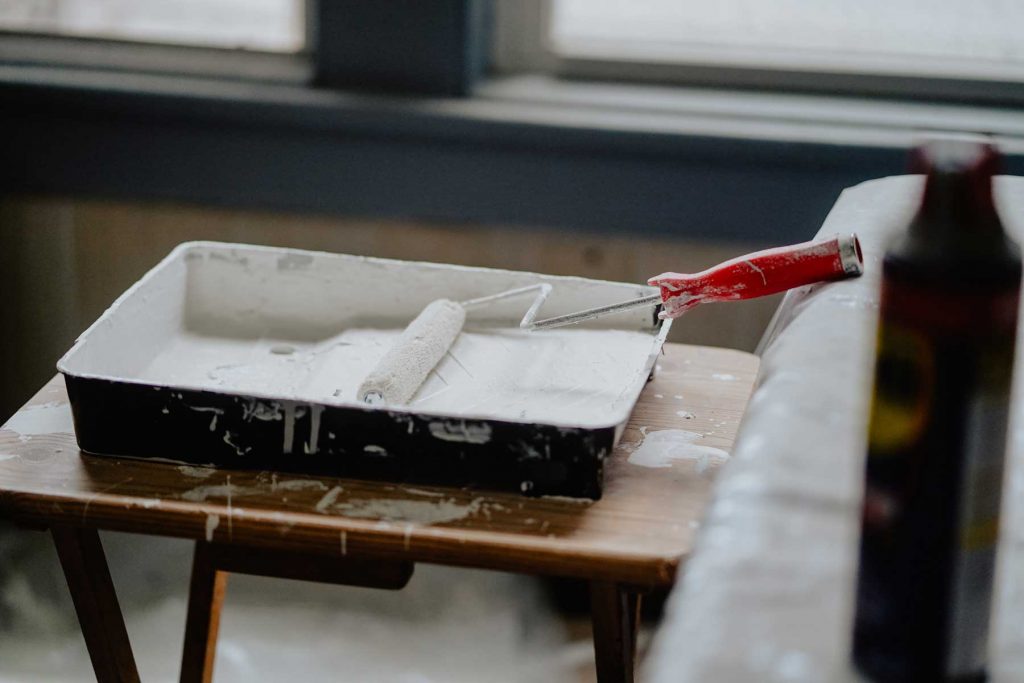When a loved one passes, you may find yourself the inheritor of the property. Whether you intend to keep the home or sell it, the process of handling someone else’s real estate can feel like a huge responsibility, especially on top of the other emotions you’re processing.
Right now, a lot of people are opting to keep the inherited property due to climbing real estate prices. While recently we have seen prices dropping, an inherited home will often have the mortgage paid off. Meaning the cost for the home would be less. It would include property taxes, utilities, etc. Often the biggest question about inheritance centres around what to do with the property once it’s in their possession.
A lot of times people inherit a property and some of their considerations are, ‘Do I keep it? Do I rent it out? Do I sell it?’ Lately because of real estate prices increasing so much a lot of people are opting to keep it and rent the house out rather than sell it.

The first steps and deciding what to do next
In most cases when someone passes away, the person’s children are the ones inheriting the property and are the executors of the estate. At this time, the executors may need to settle the estate and go through the legal process that entails any required probate and tax filing with the government. Once that process is complete, the asset belongs to them, and the executors can choose what to do with the property from there.
There are a few options when it comes to inherited real estate – you can sell the home, keep it as a personal use property like a cottage, or rent it out as a source of income. It’s important to consider the use of the property, and what that will mean for you in terms of expenses, maintenance, insurance, and taxes.
If you’re going to keep the property, how are you going to use it? If you’re going to keep it as a rental property, is it actually a good property for that purpose? Is it a bit of a hassle because it’s older and needs repairs and work done?
Understand the potential capital gains taxes and expenses
Generally, if you’re the heir of a home that was the principal residence of the person who died, there are no tax implications to think about. However, if the home was used for another purpose, such as a rental or recreational property, there may be federal taxes to pay.
Canada has no inheritance tax, but you may be required to pay capital gains tax, which could start accruing after the home is inherited, so long as it was not used as a primary residence. The capital gain is calculated based on the fair market value of the property when it was inherited and the growth in value when it’s sold.
There may be other costs involved with property inheritance, such as provincial probate fee worth a small percentage of the estates value. If you plan on keeping the property as a vacation home or a source of rental income, you’ll also need to think about annual property taxes, insurance, utilities, and other regular maintenance costs.

Planning ahead for property inheritance
If you’re thinking about giving someone property as inheritance, or will become the beneficiary of property, pre-planning is never a bad idea.
When one or more property heir is involved, such as siblings, it can get tricky when deciding if it should be sold or co-owned. In some cases, one sibling may want to keep the property, while the others want to sell it or be bought out. There may also be cases where inheritors don’t agree on the regular upkeep costs and contributions to the property.
To avoid potential conflict, it may be beneficial to do some estate planning ahead of time. This can be done with a general lawyer or an estate lawyer who specializes in estate planning. As part of the pre-planning process, It’s a good idea to keep records of improvements and renovations done, not to mention what the original value was.
Without those records, your executors may just be guessing or may end up paying more capital gains tax than your estate needs to pay without good records.
If you’re considering a sale of an estate property, working with a Realtor is always a good idea! They are a neutral party and can provide support and advice throughout the entire process. It’s important to interview several Realtors and select someone you trust. If you’re curious about estate sales or have any questions for us, get in touch with us today!


